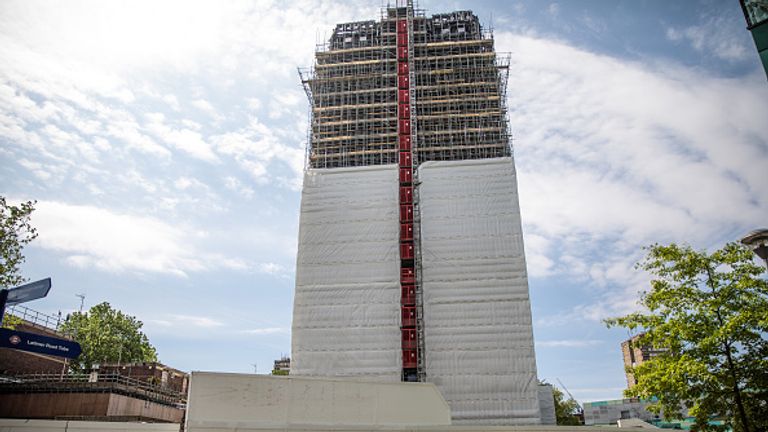Manchester fire service lacks training to react to armed terror attack, says inspector’s report
The inability of Greater Manchester Fire Rescue Service (GMFRS) to deploy officers in the event of some terror attacks has been highlighted in a new report into standards in the nation’s fire services.
Her Majesty’s Inspectorate of Constabulary and Fire and Rescue Services (HMICFRS) found that GMFRS lacked specialist firefighters trained to enter “warm zones” during a terrorist firearms attack to put out fires and extract casualties.
Instead officers would have to be sent in from Merseyside, leading to potentially fatal delays.
The findings form part of a new HMICFRS report into standards across the industry which concluded that “more than a decade of localism” has led to “marked” differences between services. It said new national standards were needed.
The lack of specialist cover in Manchester is the result of an ongoing and longstanding national dispute between the
Fire Brigades Union (FBU) and Fire and Rescue Service Employers, which could therefore not be resolved locally.
Greater Manchester’s chief fire officer Jim Wallace said the lack of capacity only applies when responding to terrorist firearms attacks and he stressed the service can respond to all other incidents.
“It is important to stress that this applies to a very specific type of terrorist incident which is thankfully extremely rare but, if it happens in Greater Manchester, we have a contingency in place where we can call on the support of colleagues on Merseyside in addition to our usual operational response,” he said.
“Should Greater Manchester face a terrorist attack in all other circumstances, our firefighters stand ready to play their full part in the emergency services response.”
FBU general secretary Matt Wrack said: “From the start we have tried to discuss national proposals to expand firefighters’ roles to cover ‘marauding terrorist firearms attacks’.
“We have been willing to take the necessary steps to bring firefighters into the aftermath of terrorist incidents, with the essential protections in place.
“Responsibility for the delay in resolving this rests entirely with fire service employers and central Government who have been complacent throughout these discussions.
“In our view there needs to be much wider planning and preparation for such terrorist attacks. Every firefighter in the country needs to be trained and equipped for any incident they might be sent to.”
Taken as a whole the HMICFRS report found there were examples of good practise, but highlighted a lack of consistency.
Inspector of fire and rescue Zoe Billingham said: “We are pleased that fire and rescue services show real strengths in training for and responding to emergencies – this work undoubtedly saves many lives.
“However it is concerning that there is too much variation in how fire and rescue services operate, resulting in a postcode lottery in the standards of service the public receives.”
The report recommends common definitions, standards and applications are adopted in four priority areas including identifying and measuring emergency response times, defining high-risk premises for fire protection purposes, and setting how frequently those buildings are checked.
Responding to the report a Home Office spokesman said: “We are aware of the concerns around Greater Manchester FRS and are working with them to reinstate a specialist team that will provide an immediate response to a terror attack with support from neighbouring services.
“Where the inspectorate has identified improvements are required, we will consider these very seriously and expect all services to make the necessary changes.”
Source: Read Full Article



